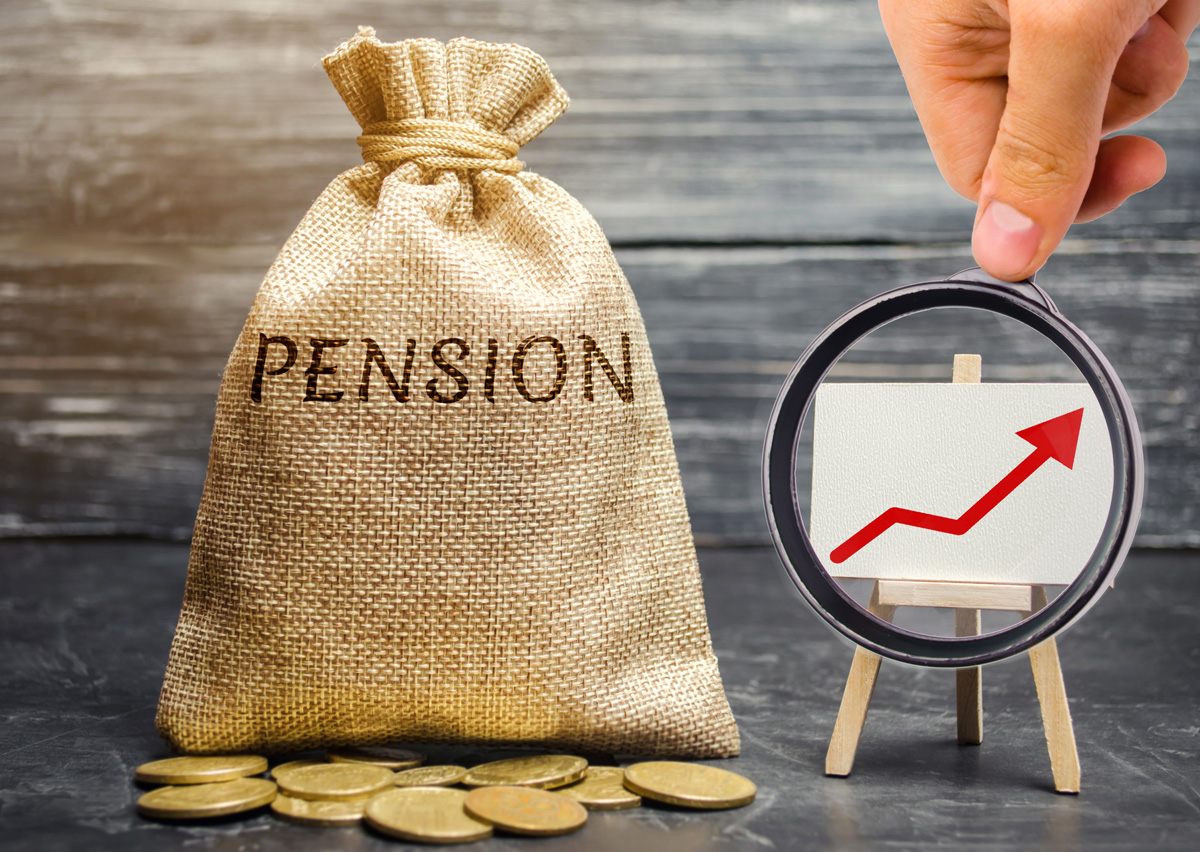-

-
275 Hess Boulevard
Directions
Lancaster, PA 17601 -
Call
717.560.8300 -
Fax
717.833.6303
- contact us
Financial Services

Our blog includes news and commentary on financial topics related to your family, business, and nonprofits. Stay up-to-date on news and financial planning strategies by visiting us online often.

Last week saw continued retractions in U.S. Equities and fixed income, with...
Read More
The second quarter got off to a rocky start, and it was...
Read More
The end of the first quarter (Q1) brought news of back-to-back ‘winning’...
Read More
The financial landscape of the past week presented a mixed bag for...
Read More
Last week brought us Super Tuesday (the day when the greatest number...
Read More
Last week saw an abbreviate trading window and markets riding a rollercoaster...
Read More
Last week, the S&P500 finish above 5000 for the first time. This...
Read More
Last week brought on a fog that covered more of the United...
Read More
It was a shortened trading week last week, as markets observed Martin...
Read More
U.S. Equities were mostly flat, last week, as tensions in the Middle...
Read More
Sometimes, taxes can feel like death by a thousand paper cuts. One...
Read More
If you are one of the lucky few who will receive a...
Read More